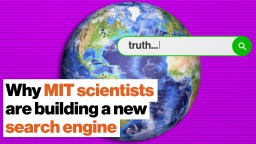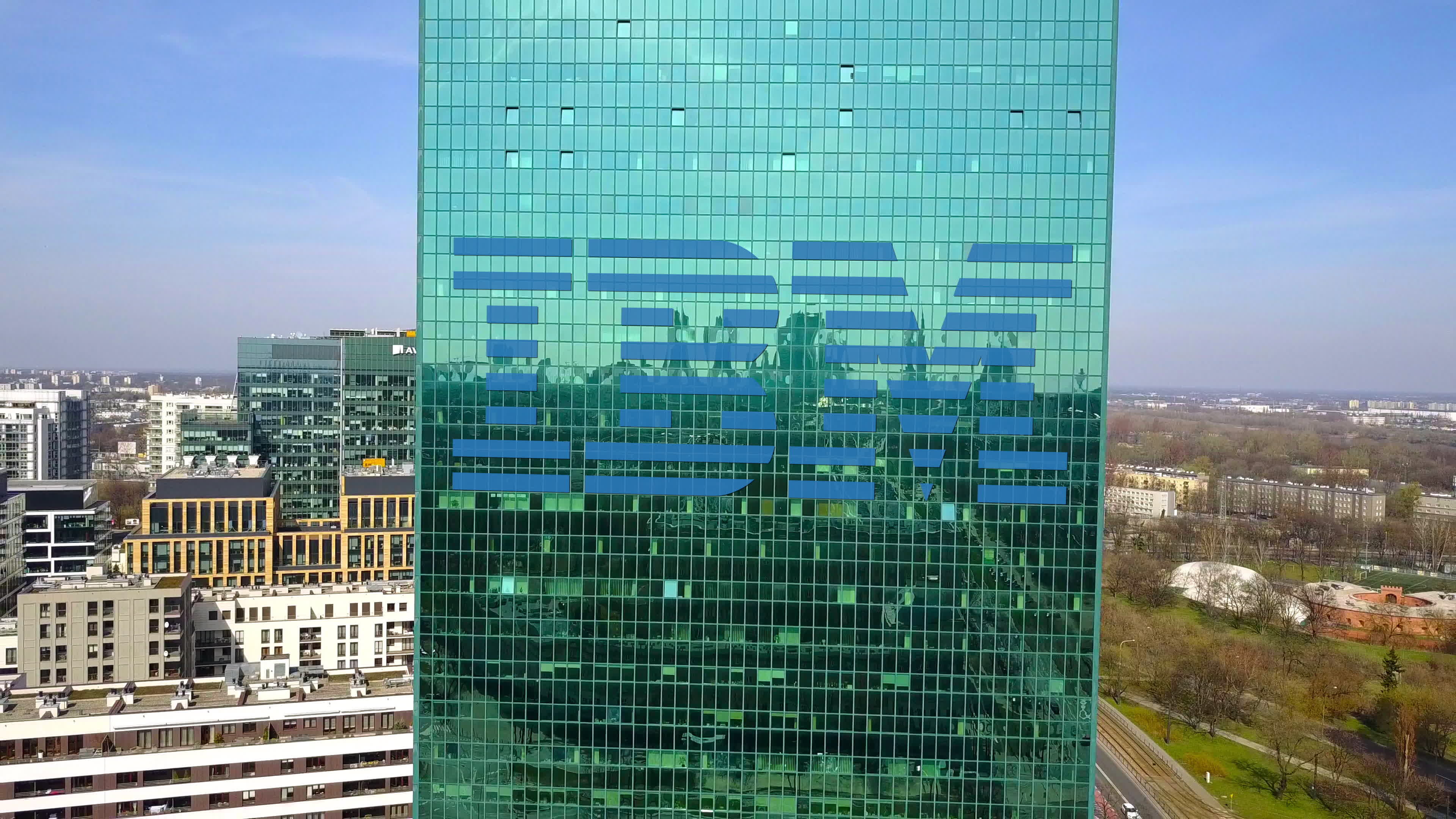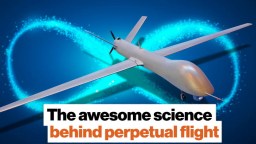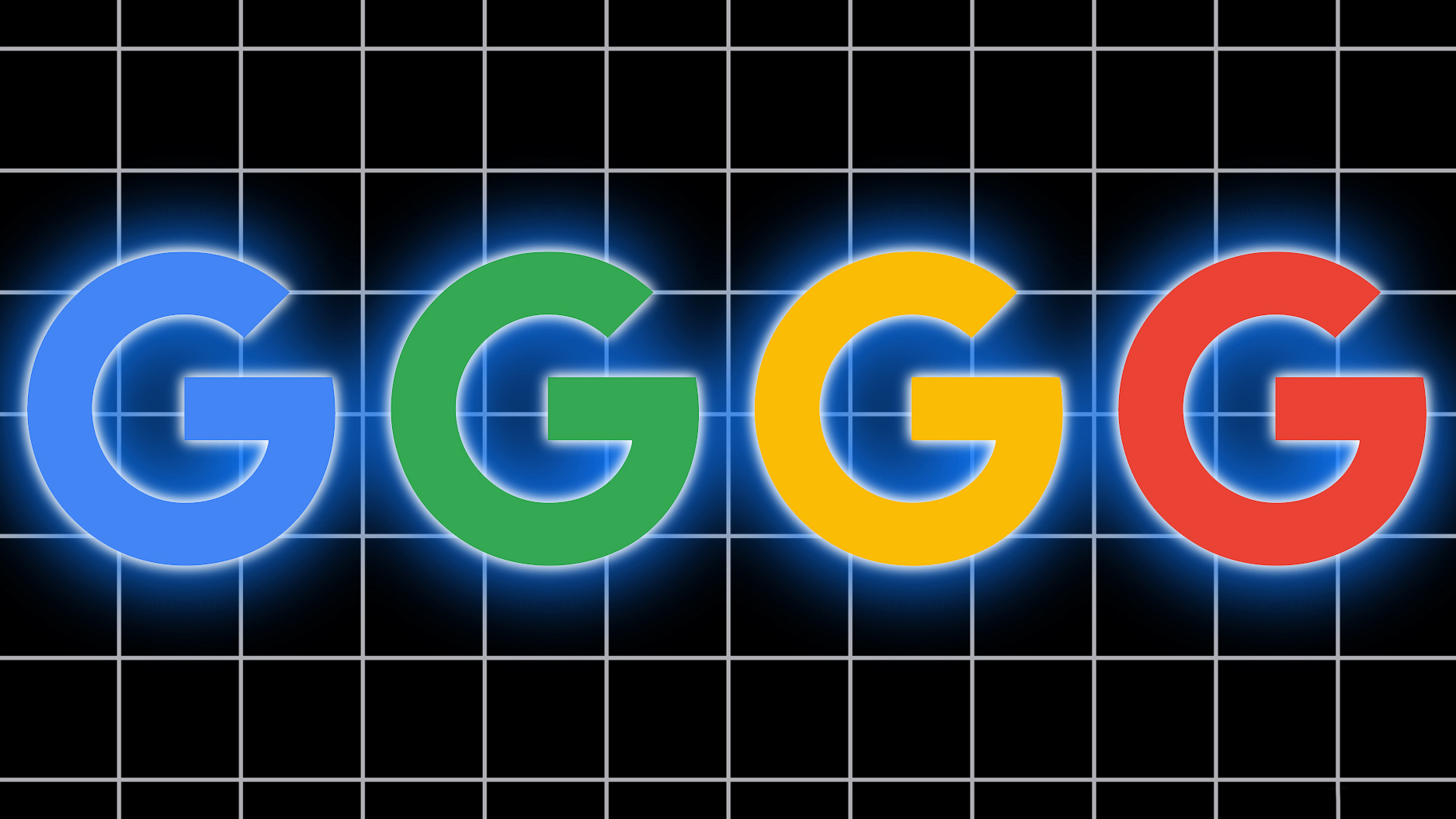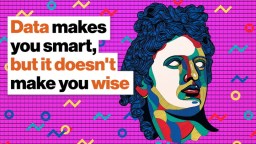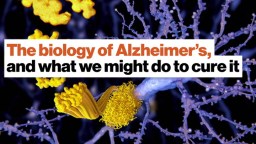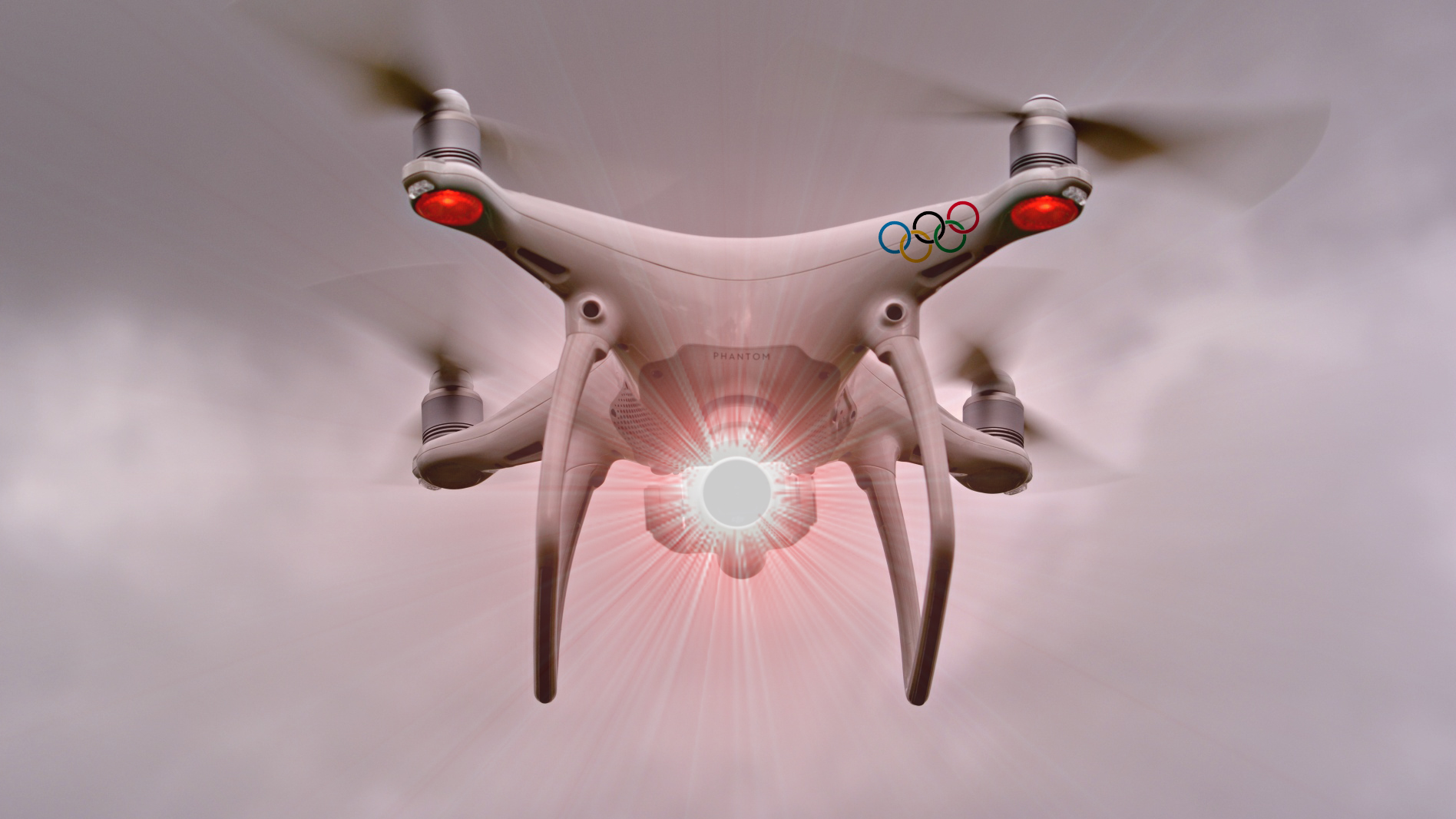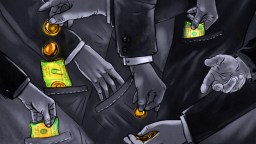technology
The Seattle tech magnate died from complications of non-Hodgkin’s lymphoma.
142 more stores to close, but that might be just the tip of the proverbial iceberg.
The legendary DARPA tests technology that lets soldiers control drones with their minds.
In business and in technology, just because you can doesn’t mean you should.
▸
6 min
—
with
But they are only taking the CO2 equivalent of 32 cars off the road every year.
The money will go to her foundation, but is the tour really in the ‘Back to Black’ chanteuse’s best interest?
The truth is a messy business, but an information revolution is coming. Danny Hillis and Peter Hopkins discuss knowledge, fake news and disruption at NeueHouse in Manhattan.
▸
13 min
—
with
Hyperloop Transportation Technologies recently unveiled the Quintero One, a hyperloop passenger capsule that can travel at a top speed of about 760 mph.
Modern life hinges on satellite connectivity. President of Kraus Aerospace Fatema Hamdani explains how the science of perpetual flight is unfolding, and how to defend satellites and drones from enemy fire.
▸
8 min
—
with
Easter eggs have been hidden in video games since Atari’s Adventure; now Google search has hidden an entire adventure game.
Twenty years ago, Nintendo asked America to try to catch ’em all. We still haven’t (legitimately) captured a Mew.
Some say the proliferation of sex robots could lead to less demand for prostitution, but not all agree.
There’s still a lot even doctors don’t know about it.
Quarantines are worth the trouble to keep the next pandemic at bay but they need to be applied intelligently.
Many of our greatest fears stem from uncertainty about the future, and technology has made the future very uncertain indeed.
You are leaking data, and absorbing it, says Yale historian Timothy Snyder. But for whose benefit?
▸
5 min
—
with
How does Alzheimer’s disease work?
▸
7 min
—
with
The world’s largest e-commerce company has proposed some really interesting upgrades.
South Korean officials say with confidence that this will be the safest Olympics on record.
Bret Weinstein says that we’re at the end of a massive technological and geographic boom, and that we should prepare for the next step in our societal evolution. Yet the future may not be optimistic for all. A cultural backlash to change, he says, is inevitable.
▸
31 min
—
with
Get ready for images projected in mid-air to start appearing in the next few years.
A new study highlights how blockchain technology can be a game-changer in education.
Nissan is developing technology that controls the car by reading the driver’s brain waves.
Imagine reading by plant light, and glow-in-the-dark trees instead of street lamps. That’s on the horizon thanks to these engineers.
History shows us why we can’t trust centralized power. So what can we trust?
▸
10 min
—
with
A team of researchers reverses the arrow of time in quantum experiments.
Soon, the line that divides the living from the dead might not be so clear.






